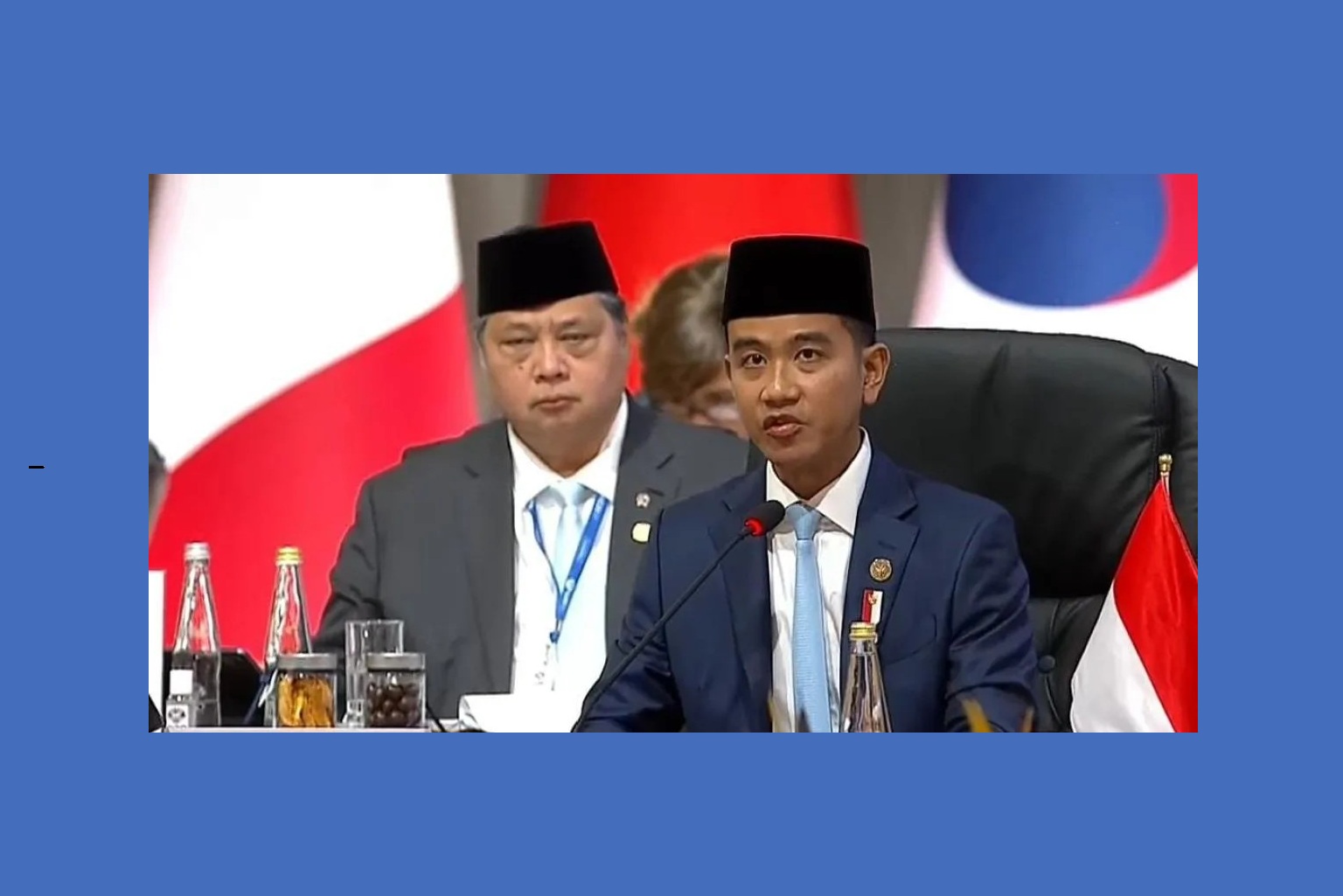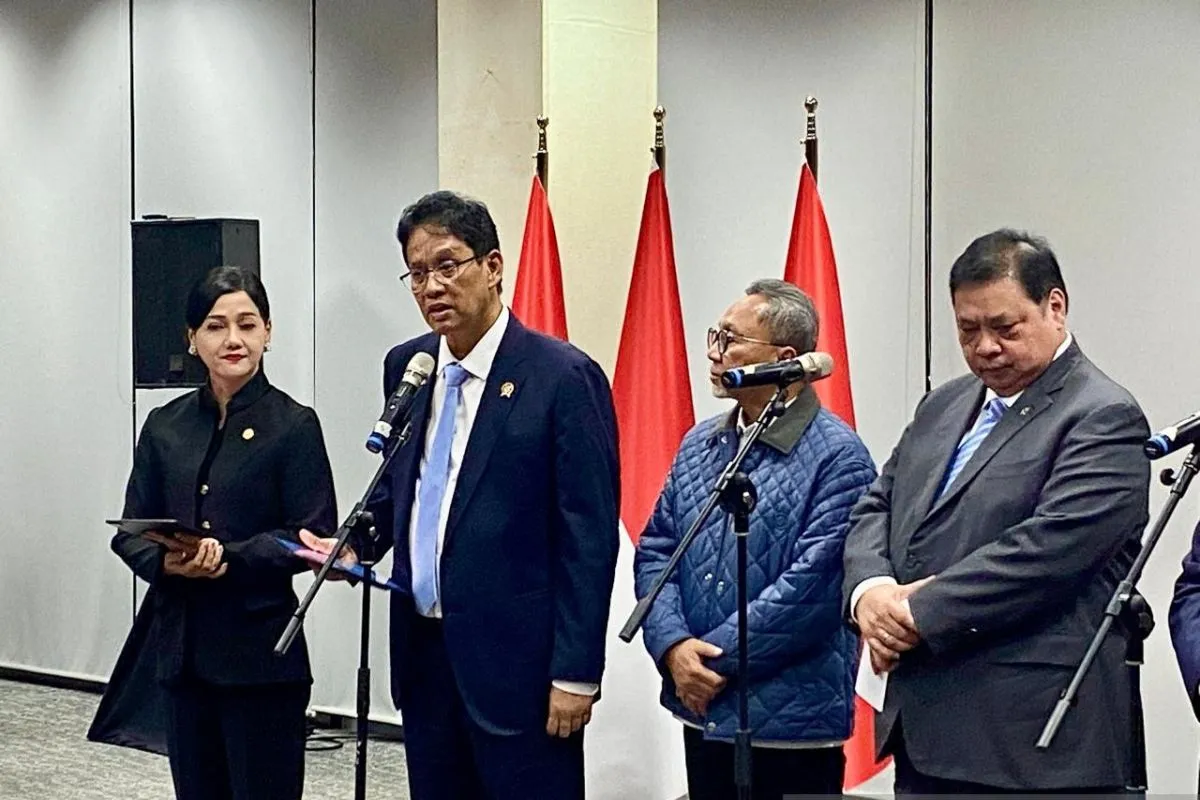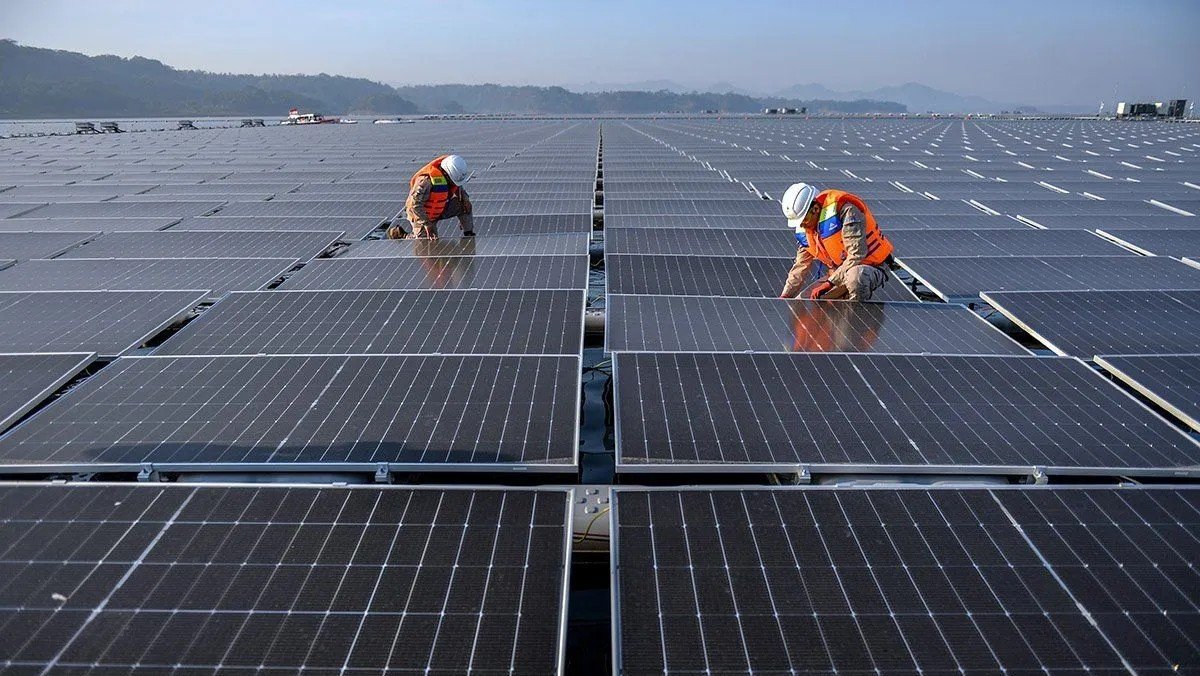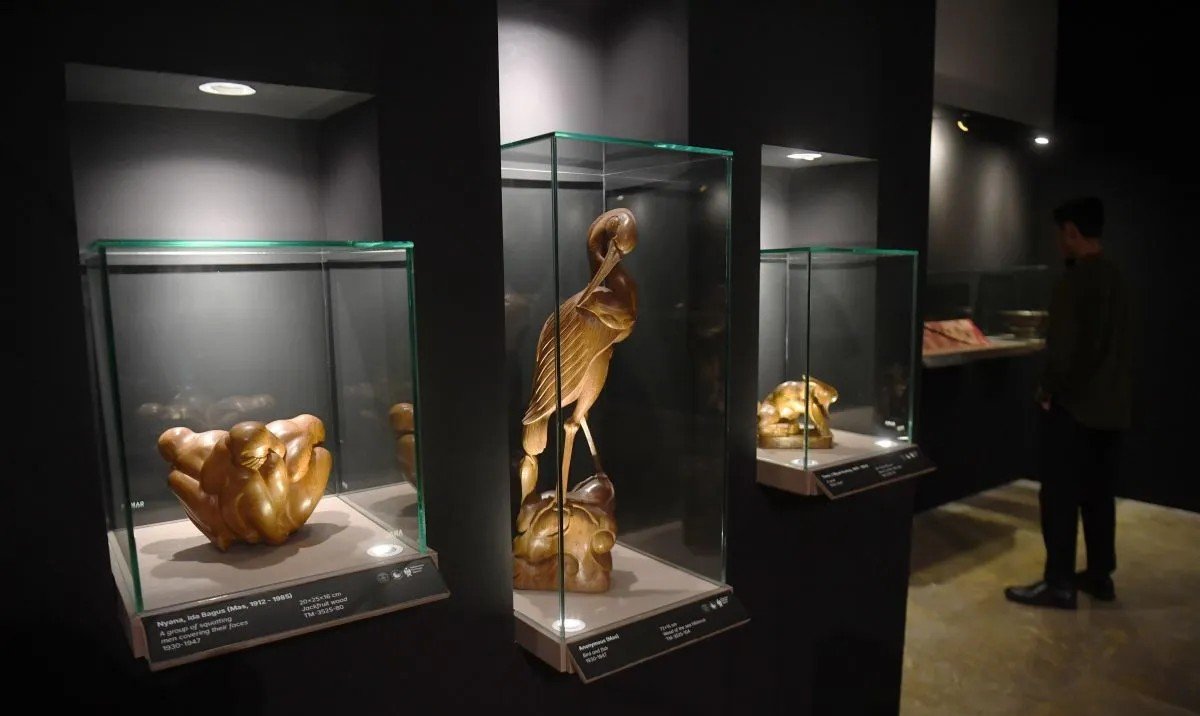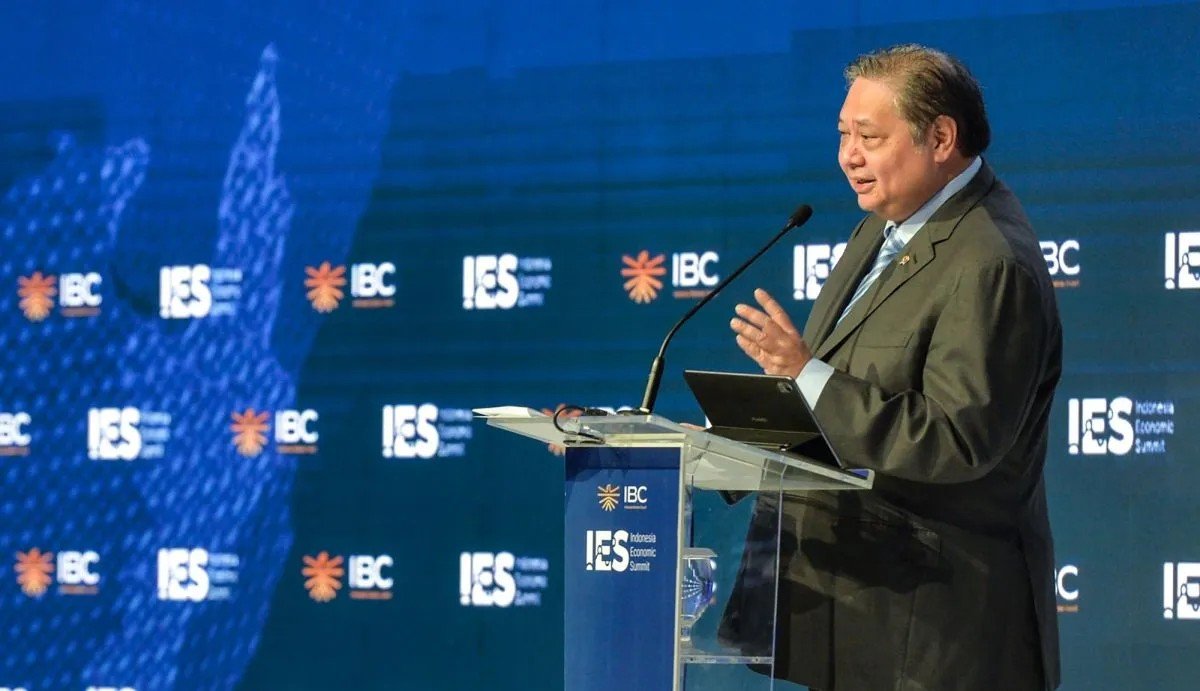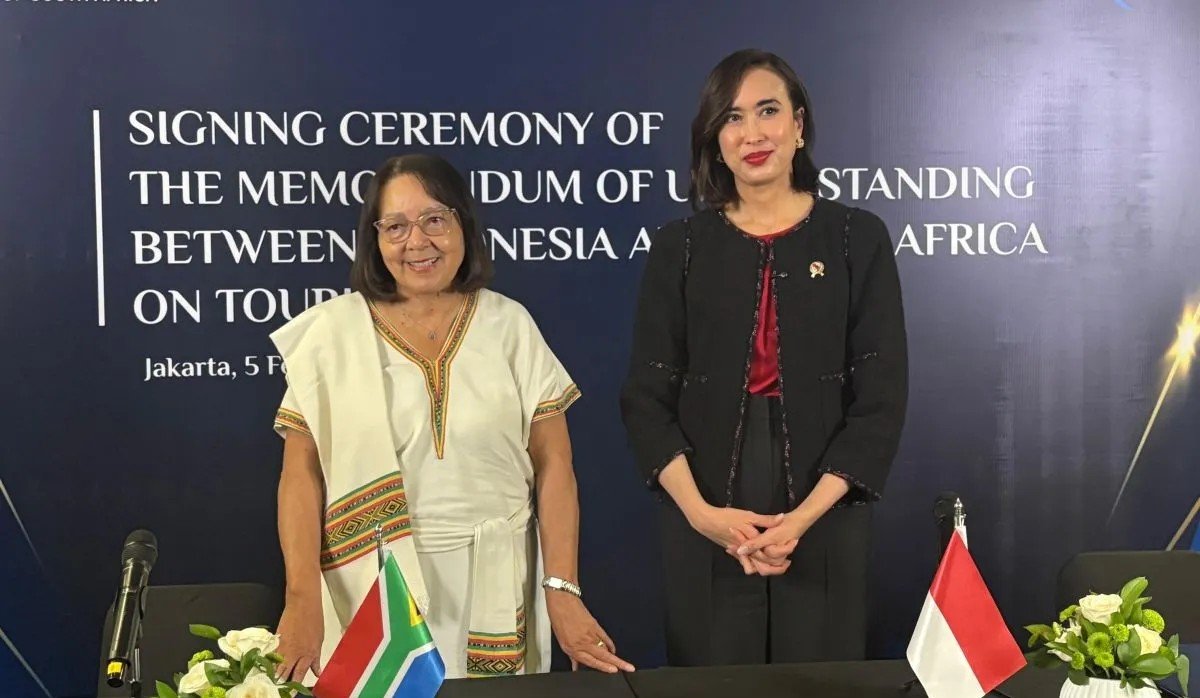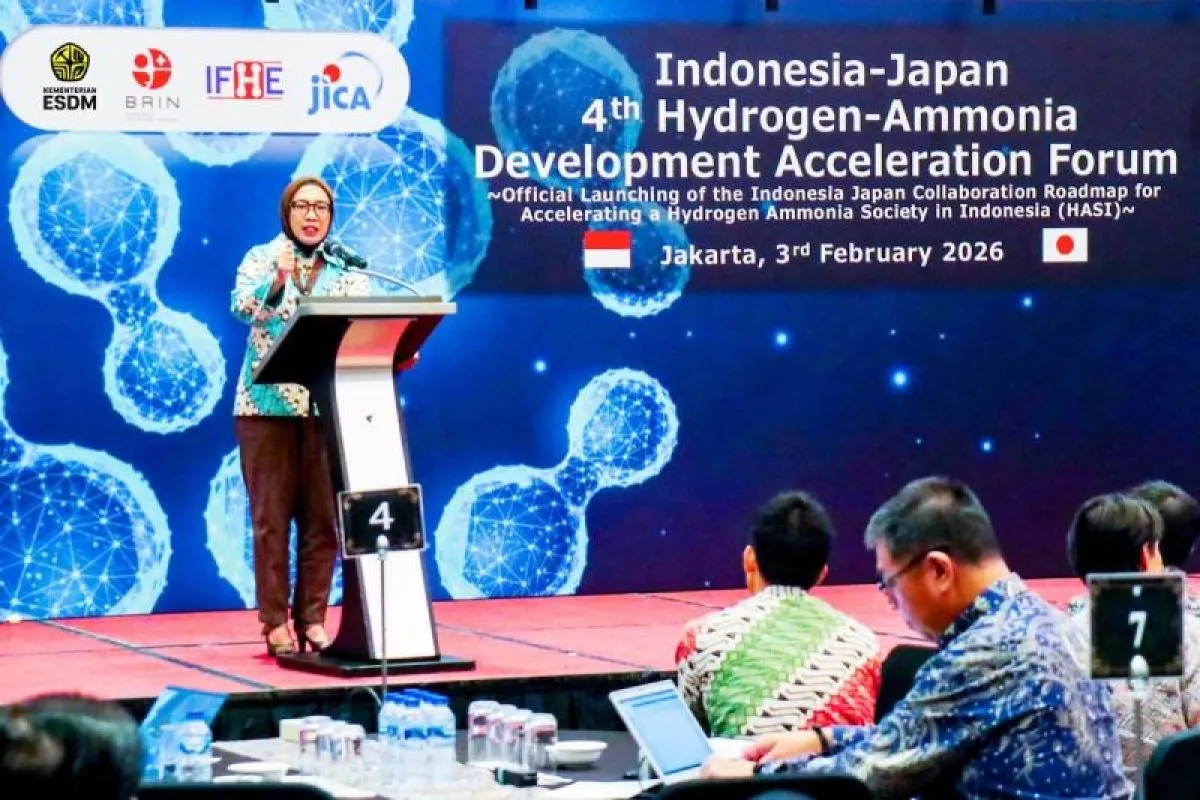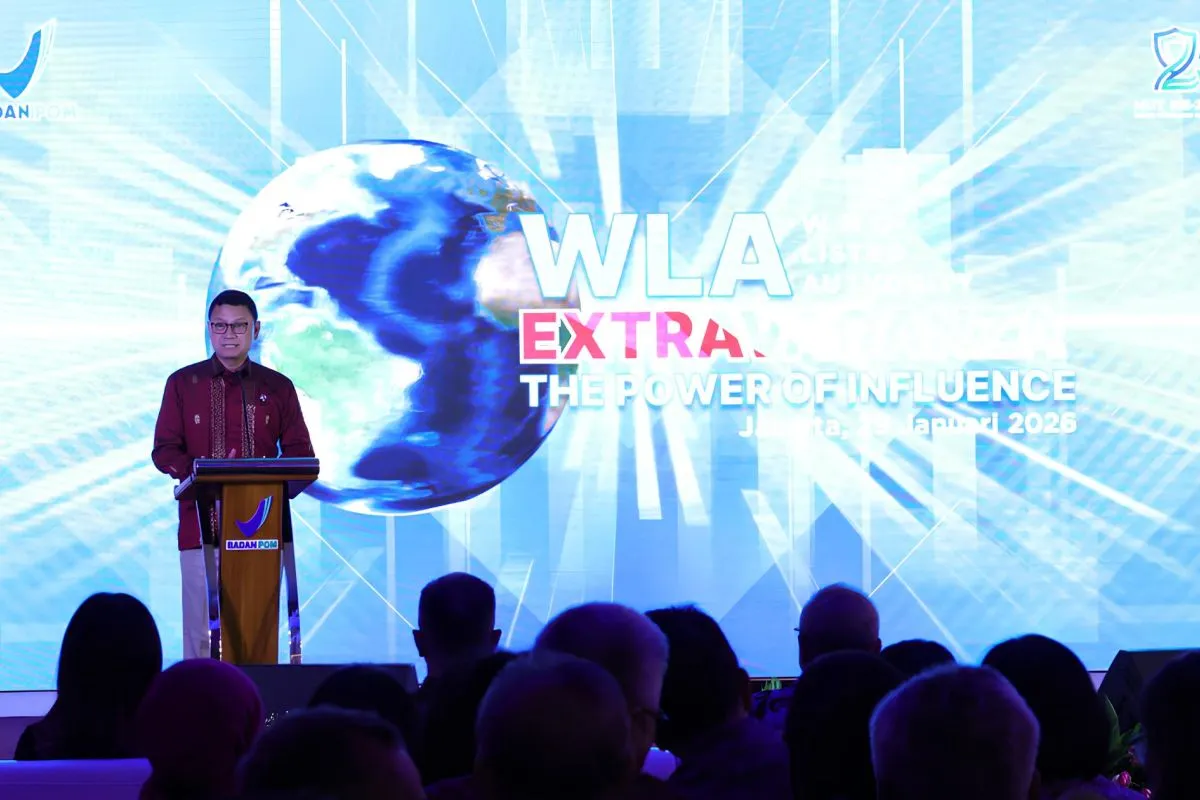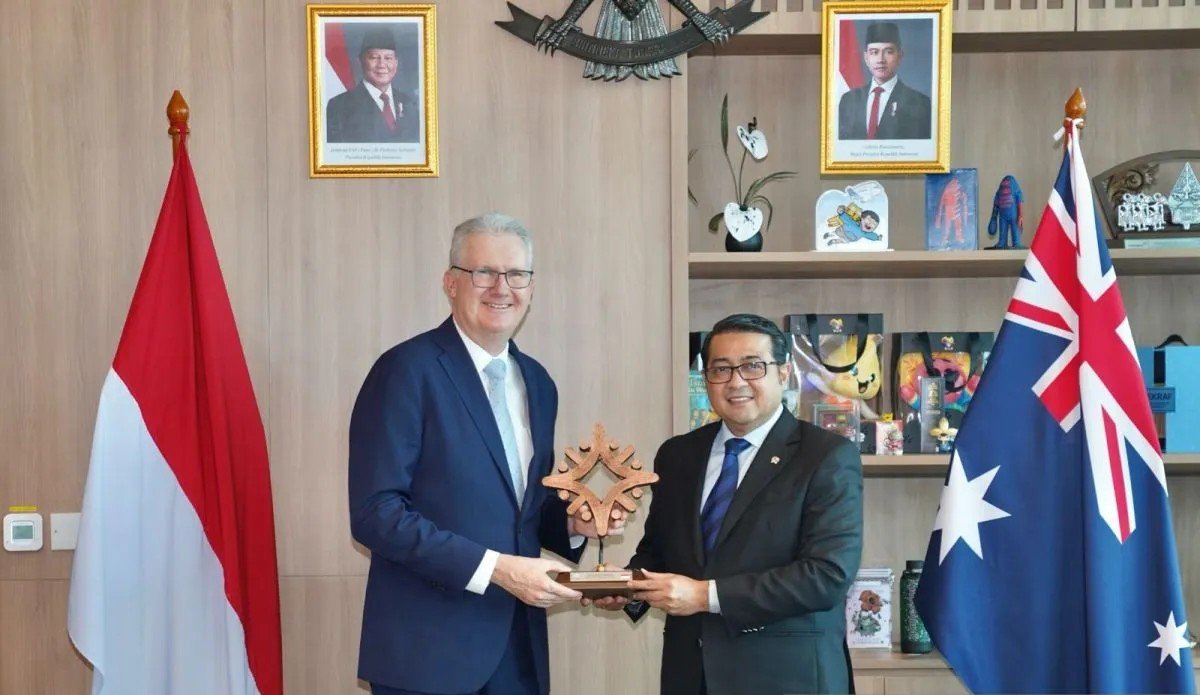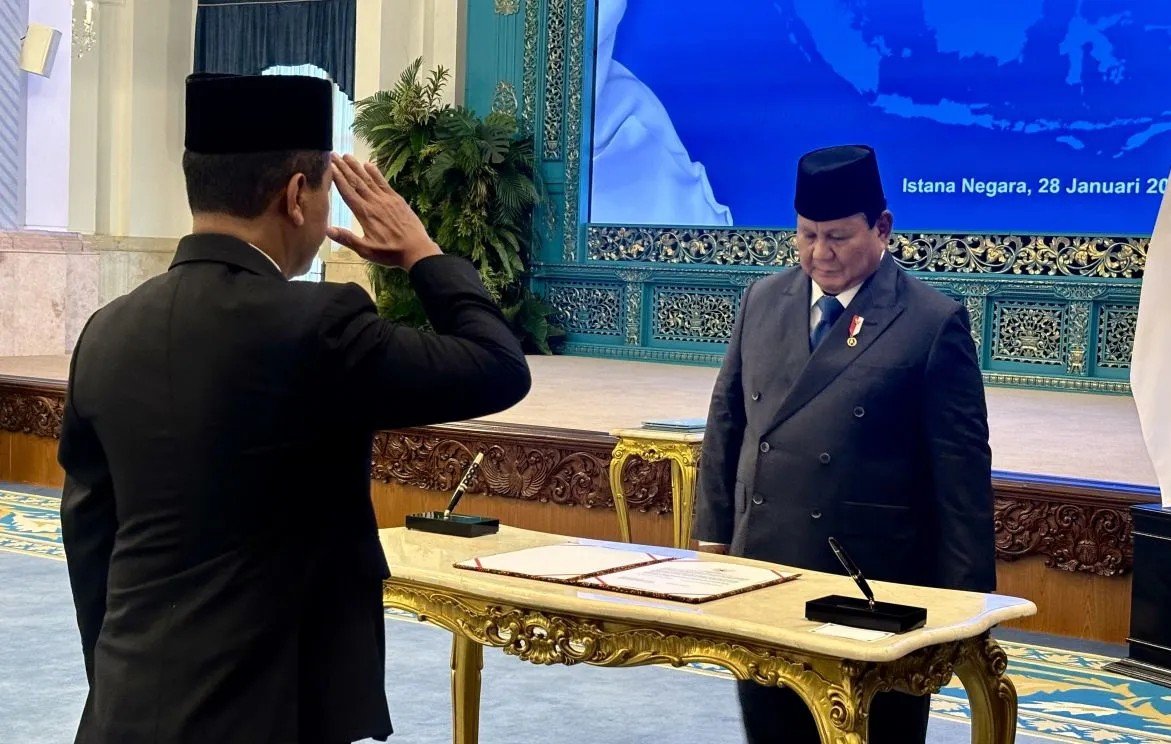Johannesburg, November 23, 2025 – The Europe Today: Indonesian Vice President Gibran Rakabuming Raka underscored the sovereign right of all nations to chart their own development strategies during his address at the G20 Summit in Johannesburg, South Africa, on Saturday.
Speaking before dozens of world leaders, the vice president emphasized that no country has the authority to impose its development model on others, stressing the need for mutual support and collaboration to achieve shared global progress.
“Indonesia is convinced that every country reserves the right to pave its own path toward development because there is no one-size-fits-all model. There is no such thing as the best method,” Gibran stated during the summit’s inaugural session.
The opening session focused on building a sustainable global economy, the role of trade and finance in driving development, and pressing debt challenges faced by developing countries. Gibran highlighted Indonesia’s commitment to fostering a resilient and inclusive world economy where all nations have equal opportunities to grow.
He welcomed the G20’s continued attention to sustainable finance and called on member countries to intensify efforts to reduce global inequities, ensuring a fair and just transition toward environmentally friendly practices.
“The world needs more accessible, predictable, and equitable financing, which is particularly important for developing nations. To that end, we should move toward debt relief, innovative funding schemes, blended financing, and green transition mechanisms,” he said.
Gibran noted that Indonesia allocates approximately US$2.5 billion annually—more than half of its climate budget—to support eco-friendly micro, small, and medium enterprises, expand agricultural insurance, and develop climate-resilient infrastructure.
The Indonesian vice president is also scheduled to address the summit’s second session, which will explore concrete measures to build a resilient global community, particularly in the areas of disaster management, climate change, just energy transition, and food security.
In the third session, he will present Indonesia’s perspectives on employment, artificial intelligence governance, and the role of critical minerals in sustainable development.
